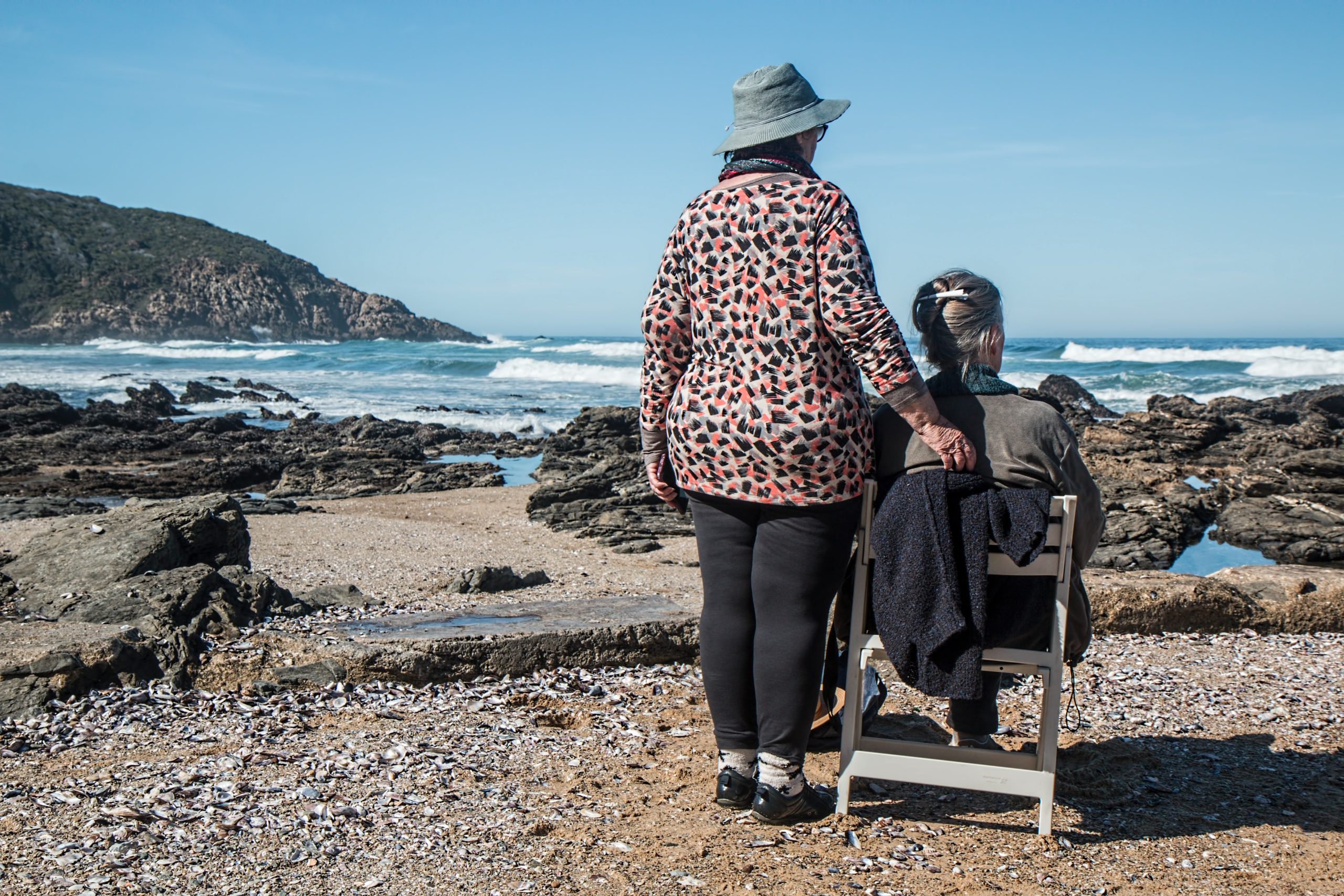The Role of Volunteering in Aging Gracefully: Maintaining Mental and Physical Health

The image is not directly related to the article. It merely symbolizes the life of elderly people.
Question: How does volunteering contribute to aging gracefully?
Volunteering plays a vital role in aging gracefully by maintaining mental and physical health. Engaging in volunteer activities provides opportunities for social interaction, mental stimulation, and physical activity, all of which are essential for overall well-being.
Question: How does volunteering enhance mental health in older adults?
Volunteering can enhance mental health in older adults in various ways. It helps combat feelings of loneliness and isolation that are common among seniors. By engaging with others in a meaningful way, volunteers experience a sense of purpose, belonging, and fulfillment. This, in turn, boosts self-esteem, reduces stress, and promotes overall mental well-being.
Question: How does volunteering contribute to physical health in older adults?
Volunteering contributes to physical health in older adults by promoting an active lifestyle. Many volunteer activities involve physical movement, such as gardening, walking, or assisting with community events. Regular physical activity helps maintain mobility, strength, and flexibility, reducing the risk of age-related health issues like cardiovascular diseases, osteoporosis, and obesity.
Question: What are the social benefits of volunteering for seniors?
Volunteering provides numerous social benefits for seniors. It allows them to connect with like-minded individuals, form new friendships, and expand their social networks. Regular social interactions through volunteering reduce feelings of loneliness, depression, and anxiety, leading to improved mental and emotional well-being. Seniors also gain a sense of belonging and purpose by contributing to their communities.
Question: Can volunteering help prevent cognitive decline in older adults?
Yes, volunteering can help prevent cognitive decline in older adults. Engaging in mentally stimulating activities, such as teaching, mentoring, or organizing events, keeps the brain active and challenges cognitive abilities. This can help maintain cognitive function and delay the onset of conditions like dementia and Alzheimer’s disease.
Question: How can older adults find volunteering opportunities?
Older adults can find volunteering opportunities through various channels. They can inquire with local community centers, charities, religious organizations, or nonprofit agencies to learn about available volunteer positions. Online platforms and websites dedicated to connecting volunteers with organizations can also be helpful in finding suitable opportunities. Additionally, seniors can reach out to their social networks, friends, or colleagues for recommendations and referrals.
The image is not directly related to the article. It merely symbolizes the life of elderly people. Question: How does volunteering contribute to aging gracefully? Volunteering plays a vital role in aging gracefully by maintaining mental and physical health. Engaging in volunteer activities provides opportunities for social interaction, mental stimulation, and physical activity, all of…
Recent Posts
- Empowering Caregivers: The Best Online and Offline Resources to Enhance Your Skills
- Traveling with a Purpose: The Rise of Volunteer Vacations
- Breaking Stigma: Dispelling Myths about Mobility Aids and Disability
- Avoiding Probate: How Trusts Can Simplify the Estate Settlement Process
- Senior Citizens Beware: Common Financial Scams and How to Stay Protected

